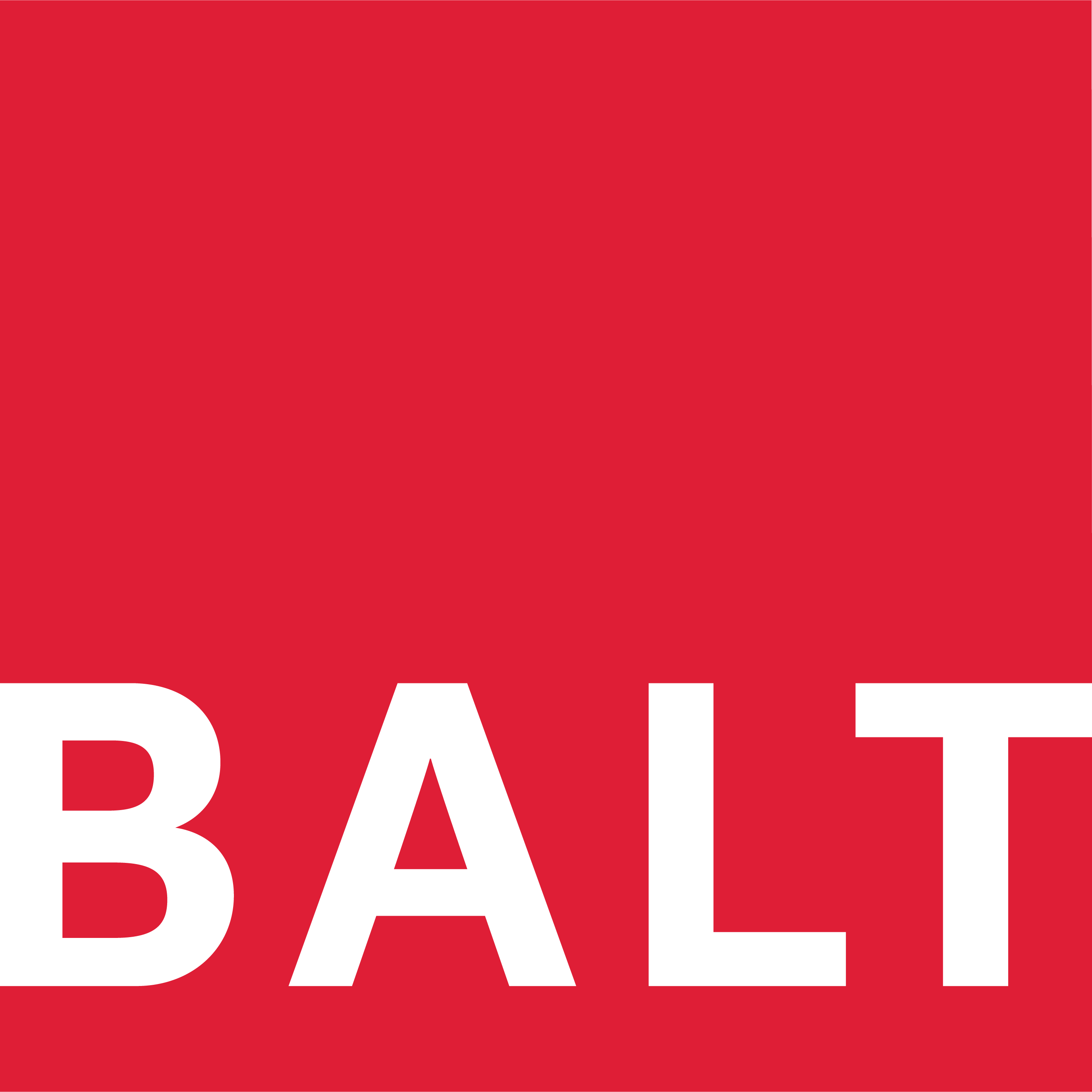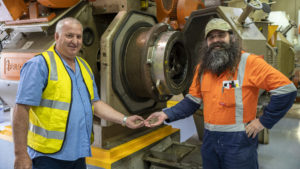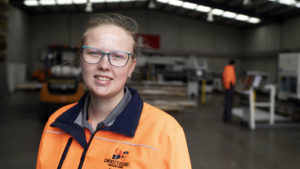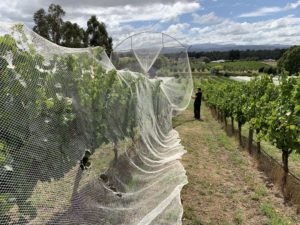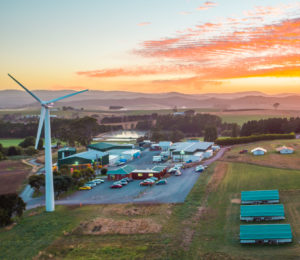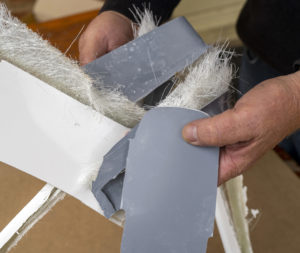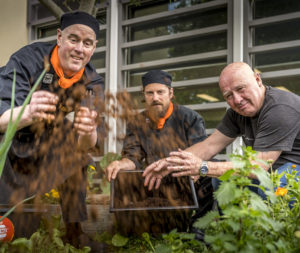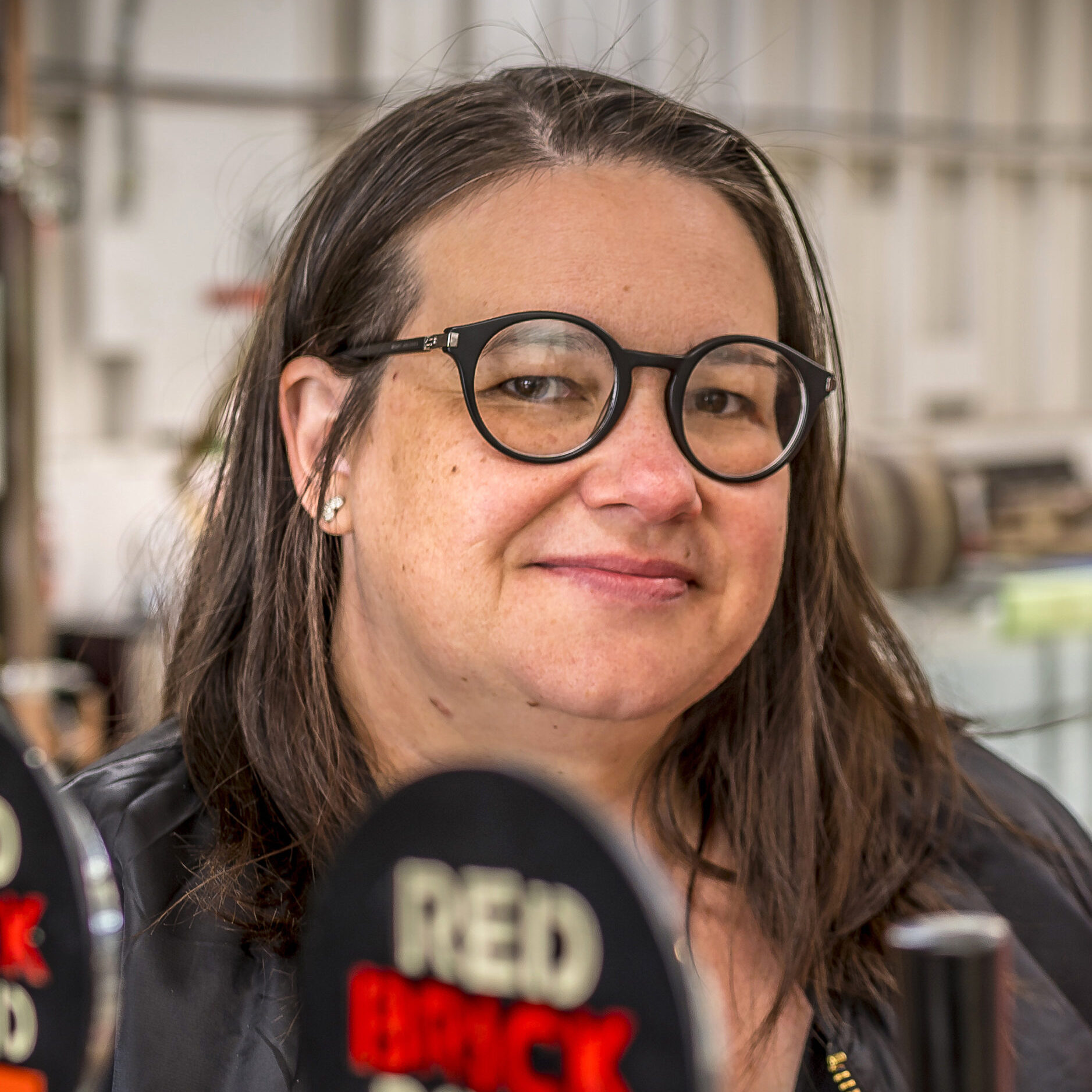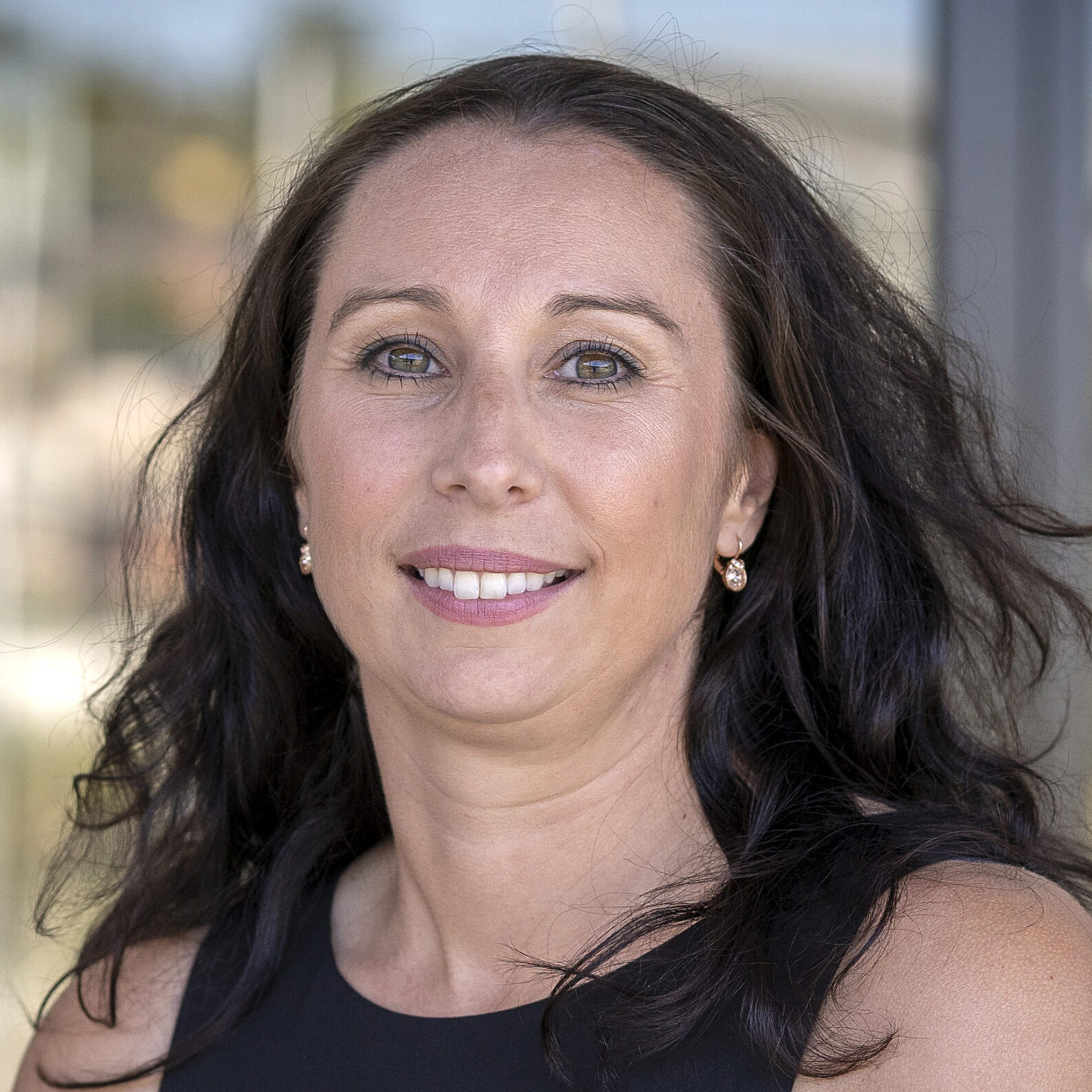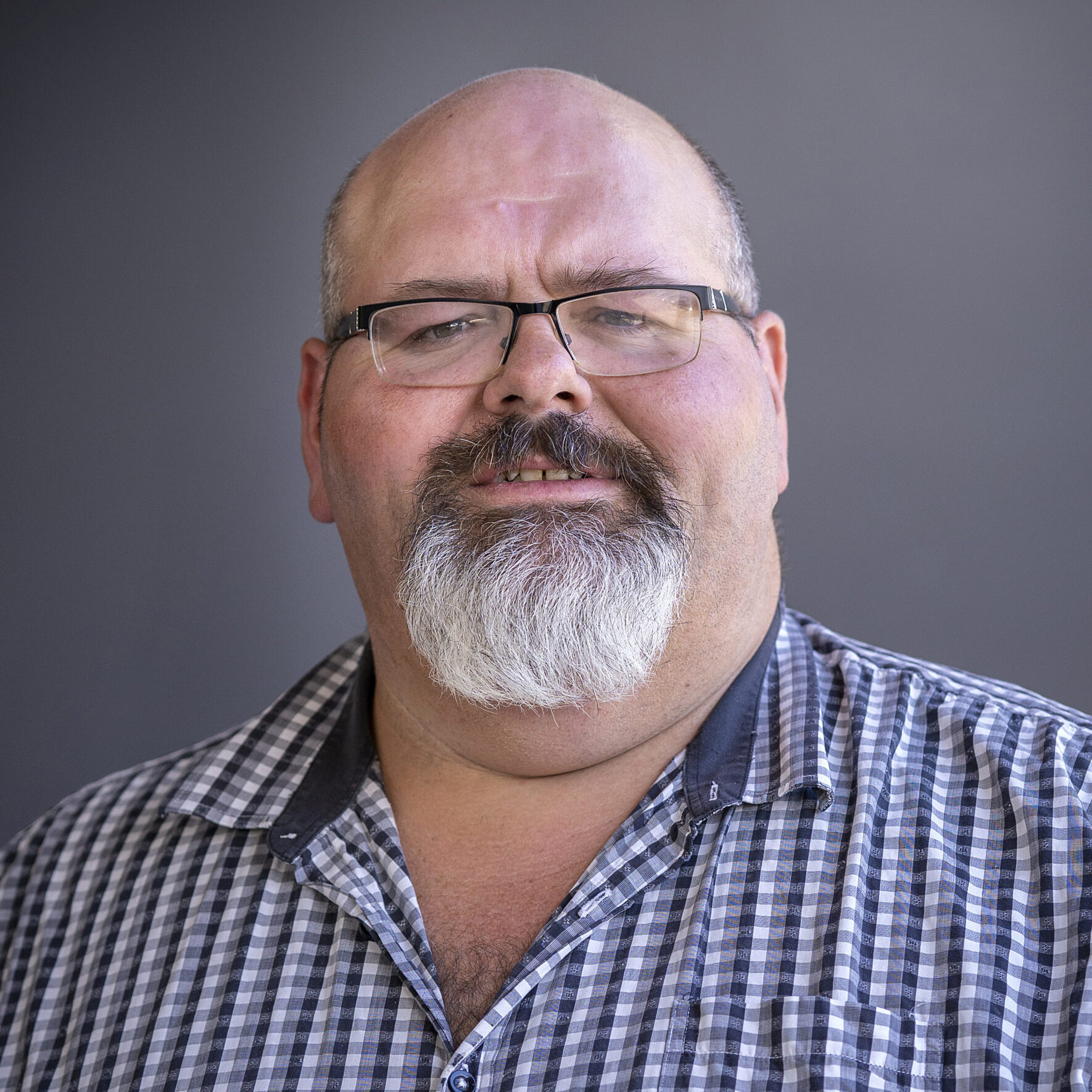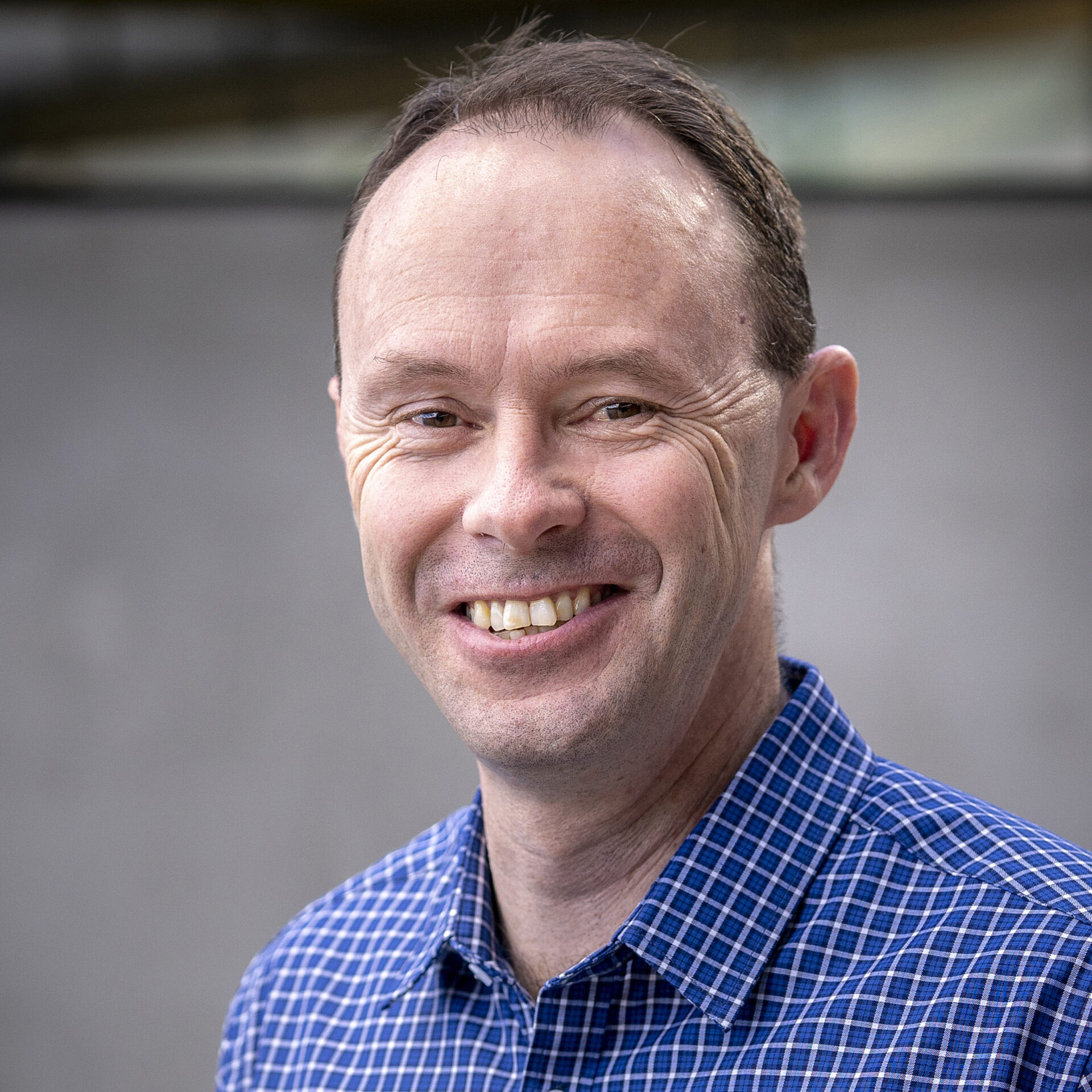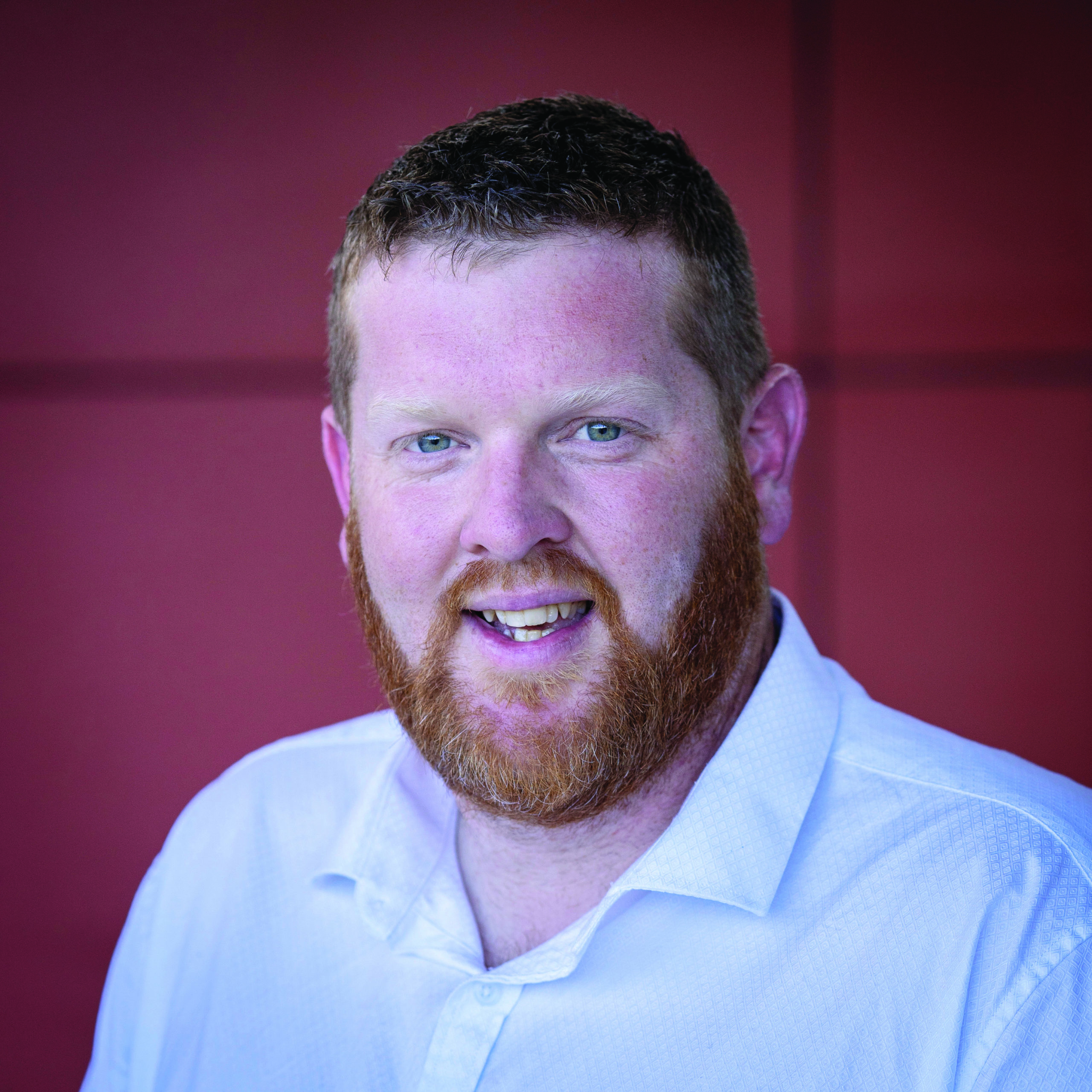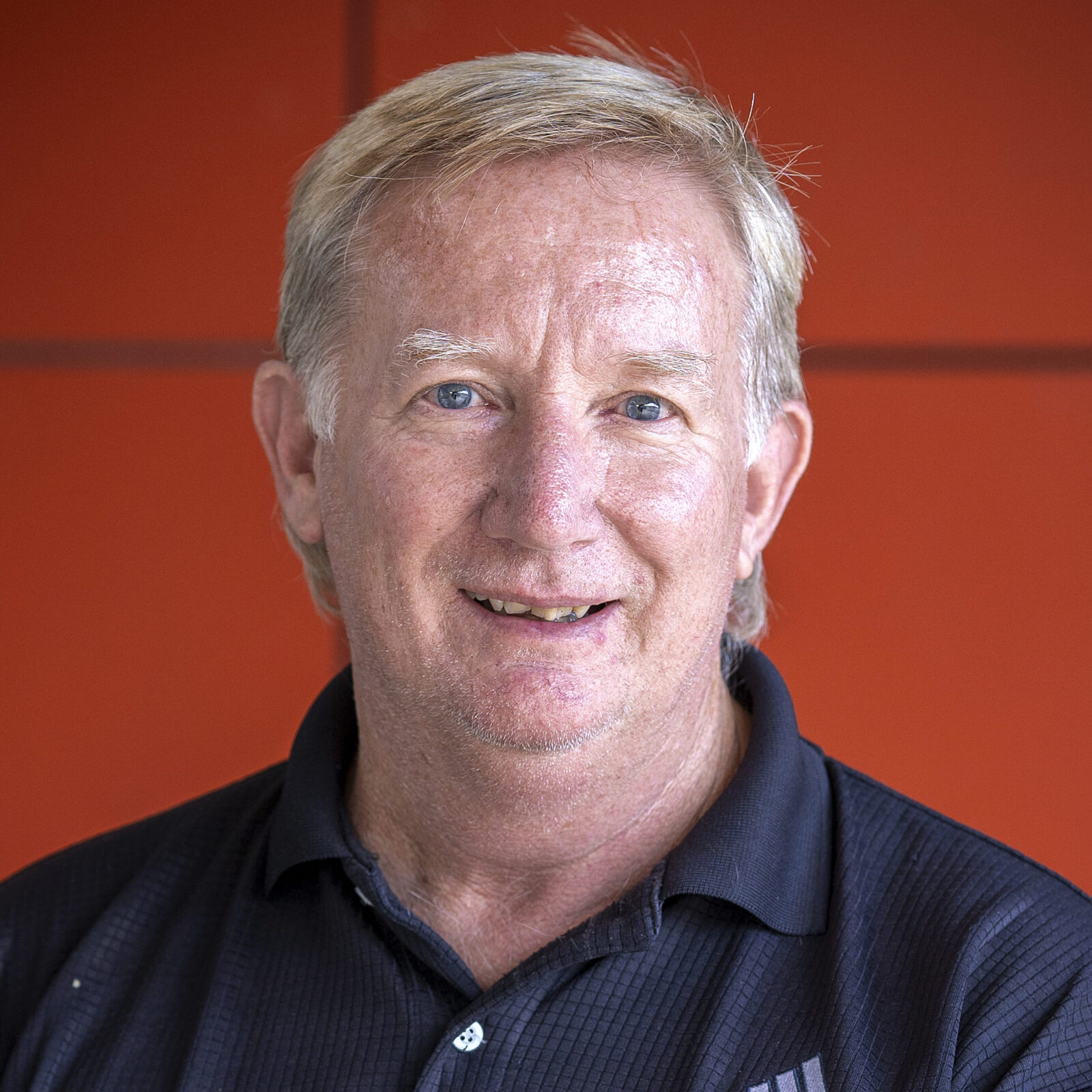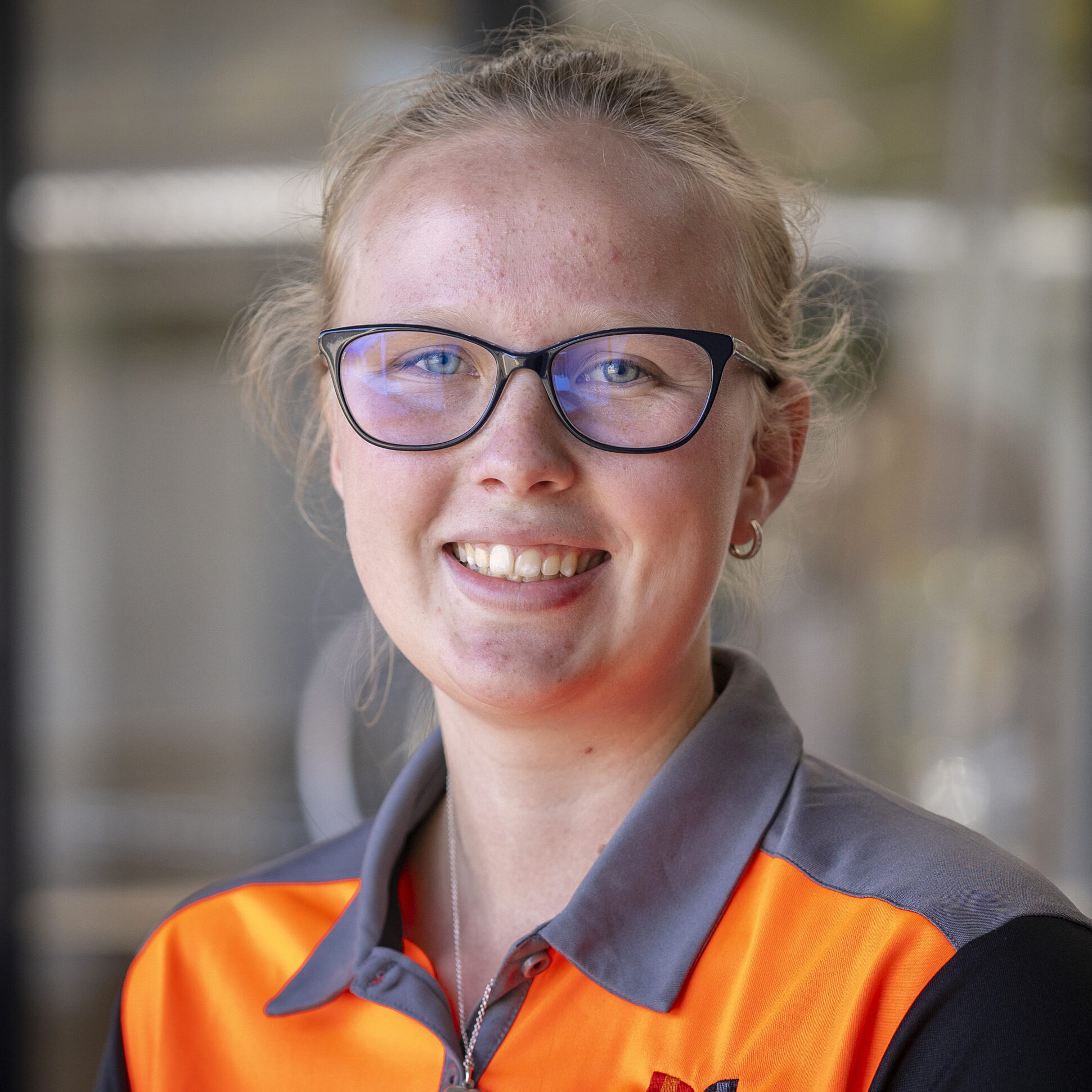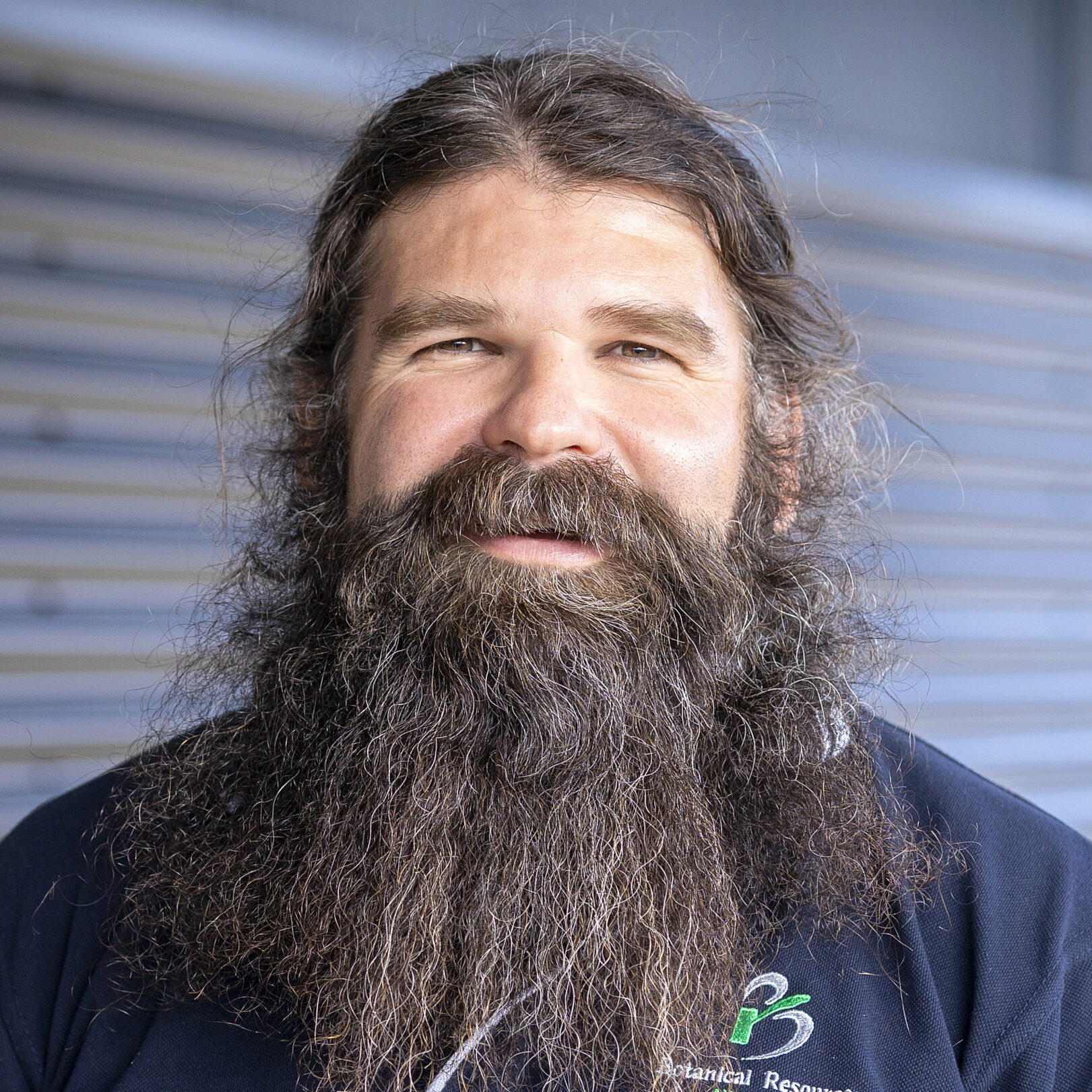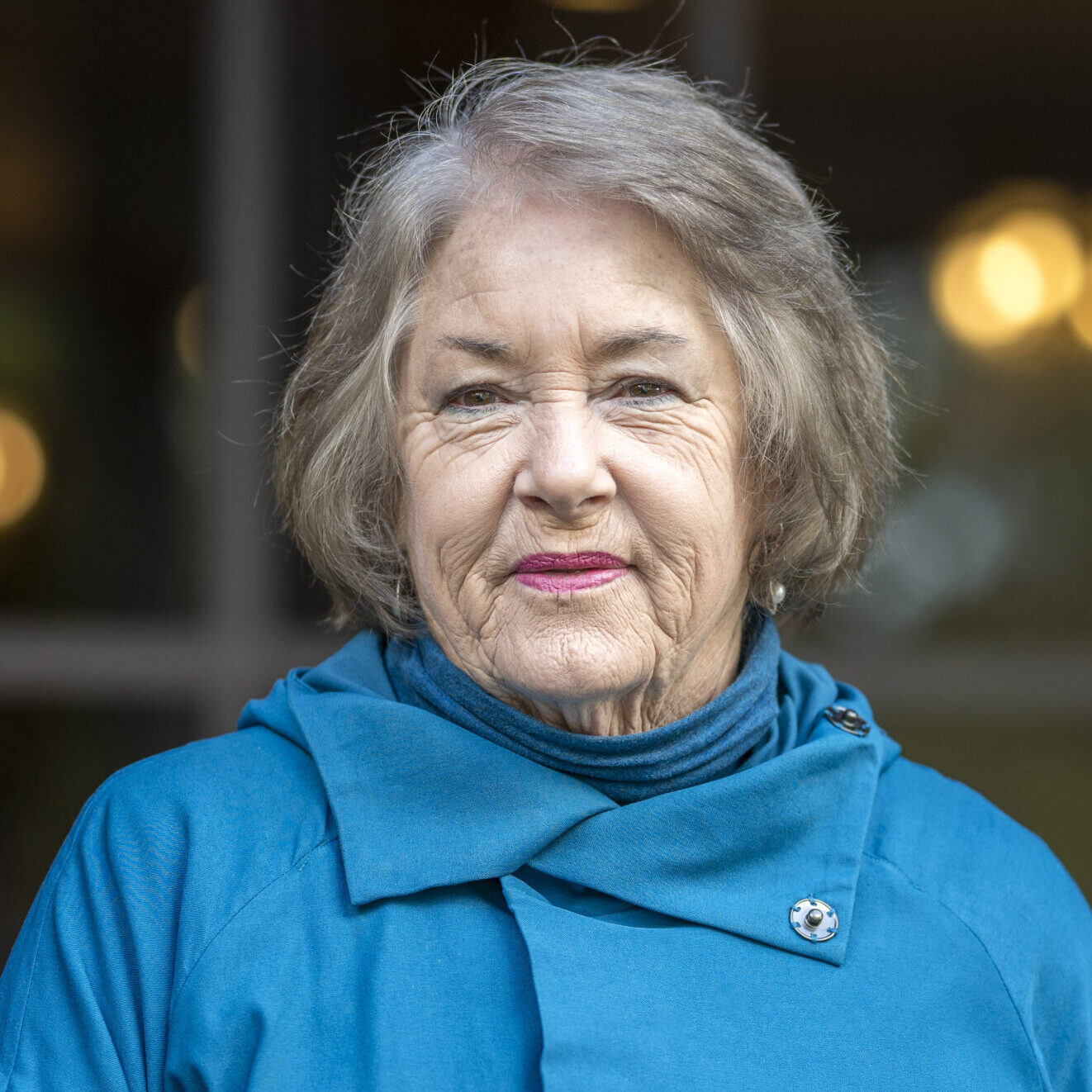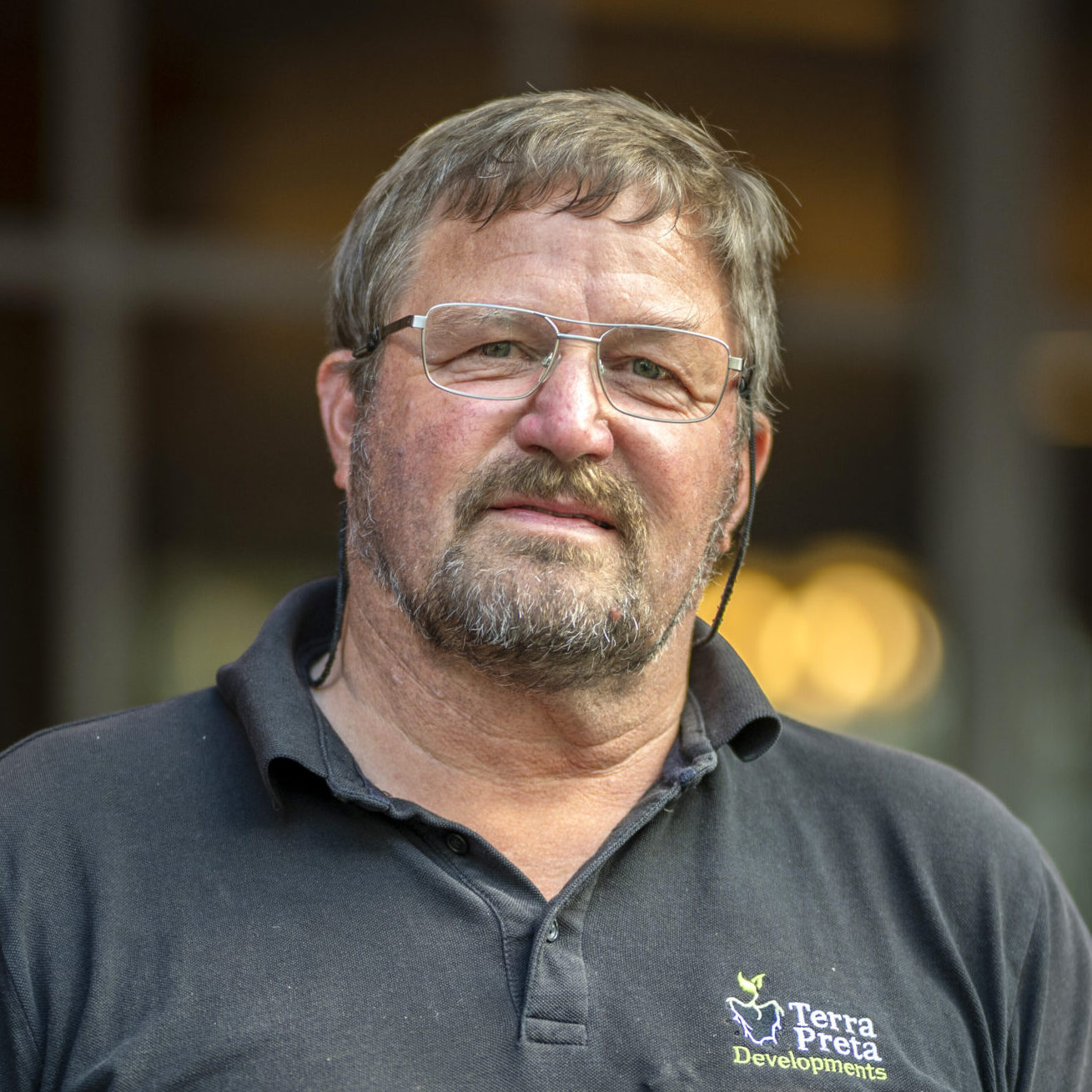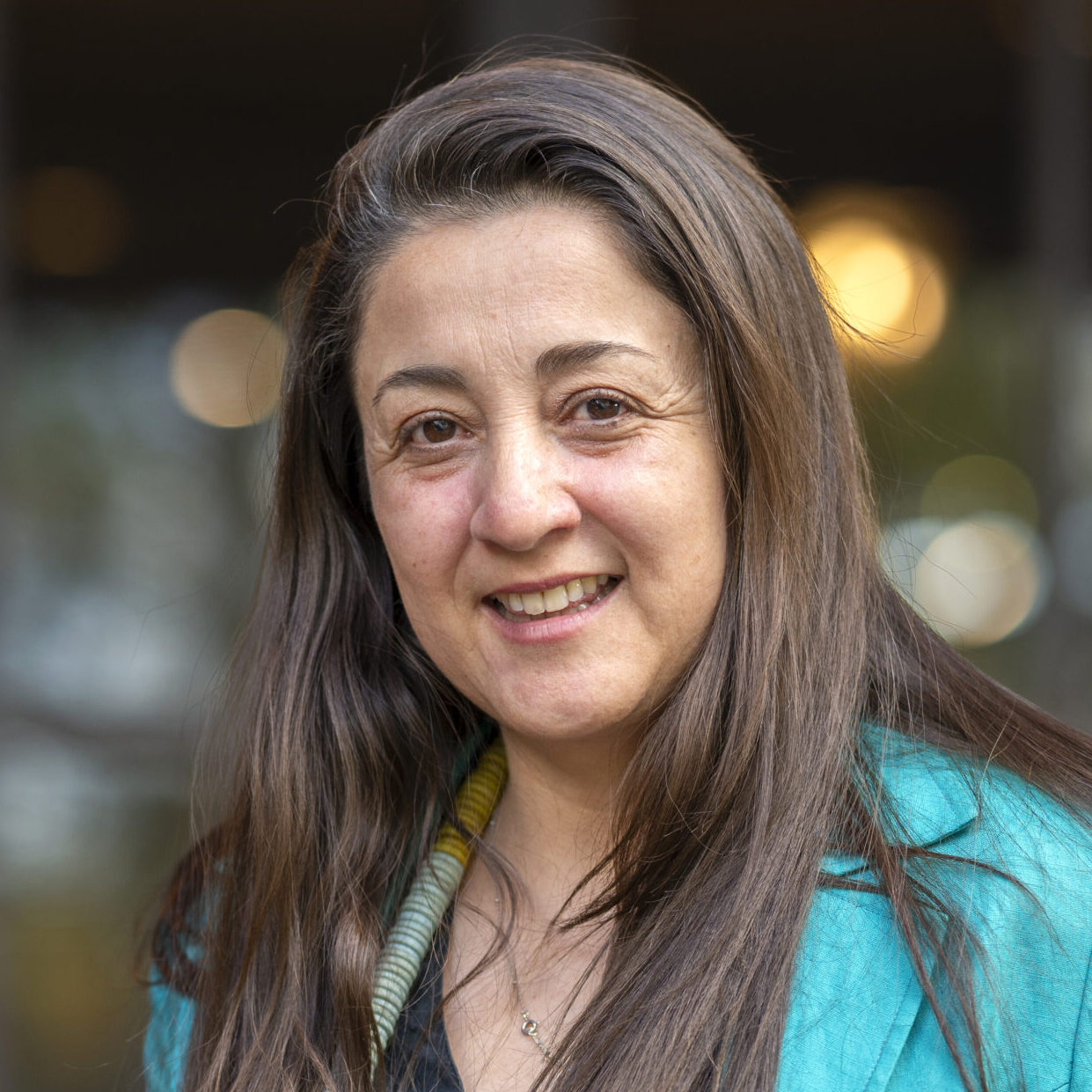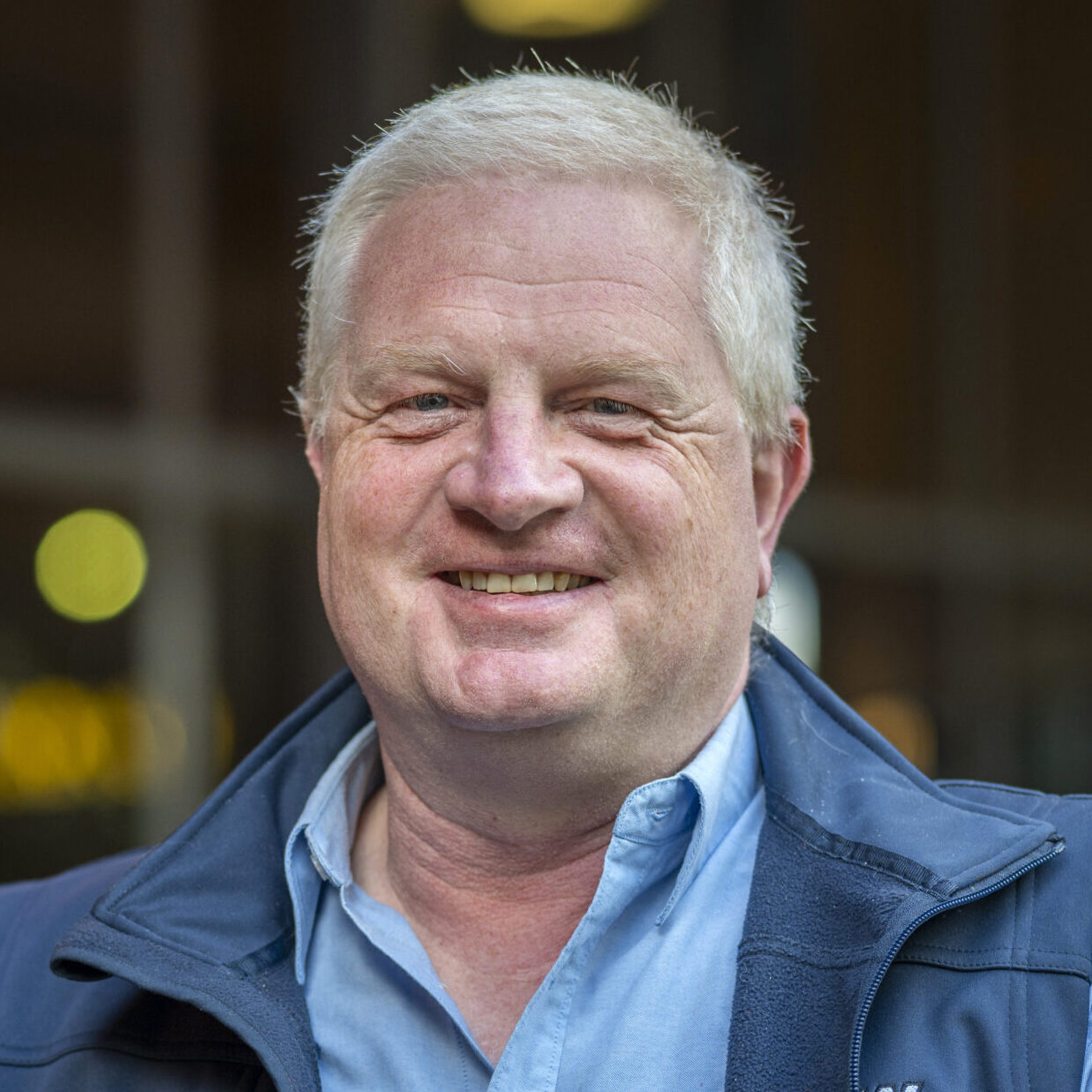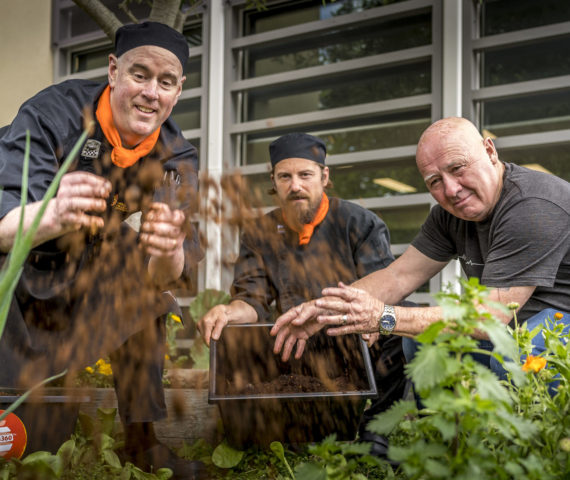
Small-scale composting
Teaching staff at the Drysdale training restaurant in Launceston had established a Sustainability Committee and wanted to introduce a culture of sustainability and recycling. The organisation was a recipient of a Northern Tasmanian Waste Management Group resource recovery and waste minimisation grant, which enabled them to purchase a composting machine.
The Project
Establish best practice internal processes for waste management and small-scale composting and an associated training strategy for students undertaking Certificate IV in Cookery.
Objectives
- Develop a model for waste management for TasTAFE and the Tasmanian hospitality industry.
- Achieve cost benefits by reducing food and other waste to landfill.
- Establish a training and assessment strategy for students participating in the implementation of the model developed.
Targets
- Reduce waste to landfill by 50%.
- Reduce or maintain service cycle times.
- Reduce or maintain product cycle times.
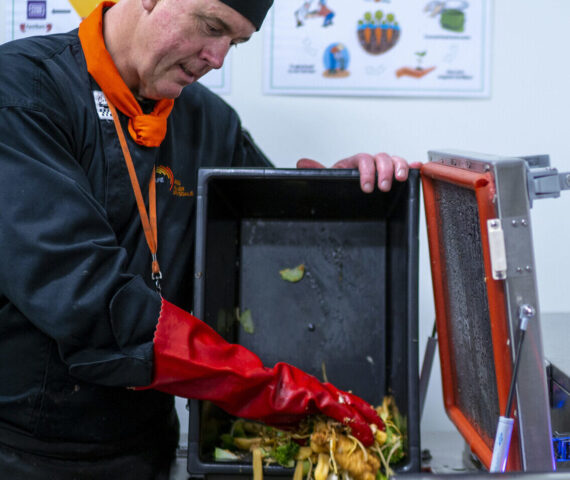
A small-scale commercial composter was commissioned and food waste is now composted on-site for use in kitchen gardens.
Outcomes
What was implemented?
- The composting machine was installed and commissioned.
- Procedures have been established for separation of all wastes, including measurement and monitoring.
- Students are learning by doing through their implementation of the procedures put in place.
Key issues
- Not knowing what I didn’t know about commissioning the composting equipment.
- Internal administrative delays.
- Allowing time to experiment with the composter.
- Standardising procedures – who is responsible for what?
- Figuring out what to do with all our compost!
Performance against targets
- 80-100% projected reduction in food waste to landfill.
- 36% reduction in cardboard waste from re-use.
- 50% reduction in paper waste to landfill.
- Service and product cycle times maintained, with additional processes introduced.
Lessons Learnt
- Waste reduction, landfill re-direction and opportunities for resource efficiency are everywhere.
- At every step of the way, you need to have buy-in from the people you are relying on for success.
- I learnt about the action learning process and how it was applied in the BREP program.
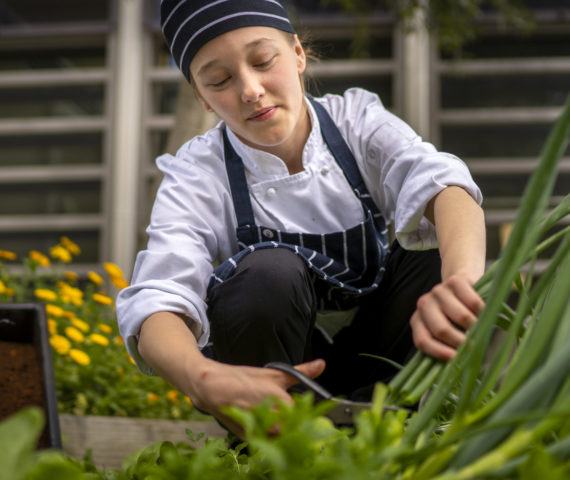
Students participate in waste collection and separation in-process, and maintenance of kitchen gardens at the Drysdale site.

Greg Hillier
Cookery Teacher
